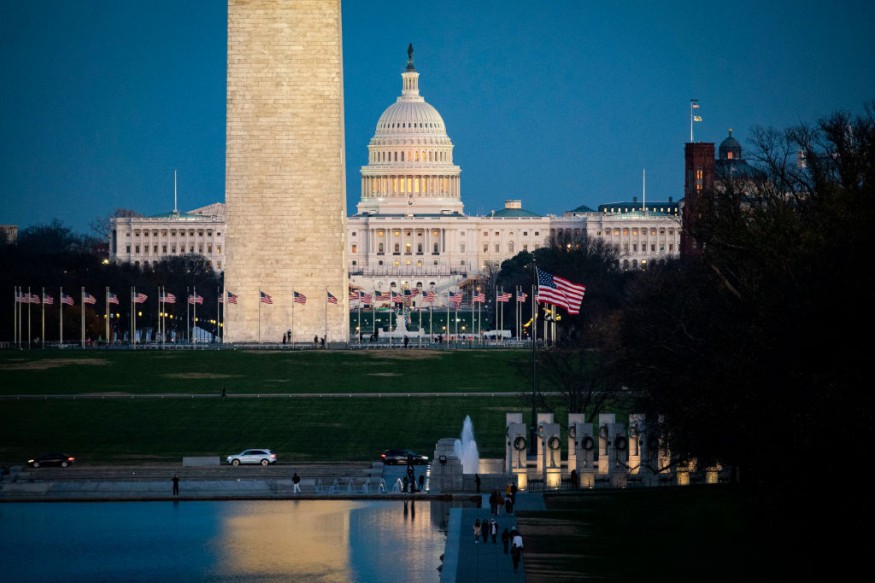Minimum Wage Hike to $15 Can't Be Part of COVID-19 Relief Package, Says Senate Parliamentarian

The Democrat-proposed COVID-19 relief bill cannot include a provision raising the federal minimum wage to $15 per hour if the bill were passed through the reconciliation process, according to the Senate parliamentarian.
Elizabeth MacDonough, the Senate parliamentarian, told key senators on Thursday that the minimum wage hike cannot stay in the COVID-19 relief bill since it would have an "incidental" effect on the budget, The Daily Wire reported.
The Center on Budget and Policy Priorities noted that the Senate could pass a bill with a filibuster-proof simple majority under the reconciliation process. However, any amendment must be relevant.
The White House has been pushing for a $15 minimum wage hike, but President Joe Biden has reportedly expressed skepticism that it could survive reconciliation.
Biden told a group of Democratic mayors and governors last week that it just does not look like they can do it. Biden's proposal is set to receive a House vote on Friday.
Disagreements Between Democrats on $15 Minimum Wage Hike
There has been a procedural dispute over whether Senate rules even allow them to include the minimum wage hike in the coronavirus relief bill. There are also arguments over policy division whether a nationwide wage floor of $15 an hour is too high, according to an NBC News report.
Some moderate House Democrats worry that it would be a strategic mistake to keep it in the bill, given the Senate's chances of it being removed. One source familiar with the internal debate noted that some of the House Democrats expressed concerns that it may slow down the package and highlight party divisions.
"There are serious questions about the possibility of minimum wage prolonging the reconciliation process if it is found not to comply with the Byrd rule," a senior Democratic aide associated with the moderate wing of the party said in the report.
The aide, who requested anonymity, added that it could prolong the process and undercut Democrats' message of saying that they are moving as fast as possible on relief.
Sen. Tim Kaine said he supports the minimum wage hike inclusion. However, he warned that one could not put it in a reconciliation bill if it does not have 50 votes and a potential tiebreaker.
Sen. Joe Manchin said he opposes a wage hike to $15 an hour. However, he said he would defer to the Senate parliamentarian procedure.
"I'm supportive of, basically, having something that's responsible and reasonable," Manchin noted in the report.
Senate Budget Committee Chair Bernie Sanders is pushing to keep the minimum wage hike in the package. However, he admitted that they would never get 10 Republicans to increase the minimum wage through "regular order."
Sanders said the only way to raise the minimum wage is to pass it with 51 votes through budget reconciliation.
Meanwhile, some were disappointed after Biden said it might be removed from the package, like Pennsylvania Lt. Gov. John Fetterman.
Fetterman said he is deeply disappointed with how the minimum wage hike is no part of the package as he thinks it is absolutely a must. Fetterman is running for the Senate.
Subscribe to Latin Post!
Sign up for our free newsletter for the Latest coverage!

















